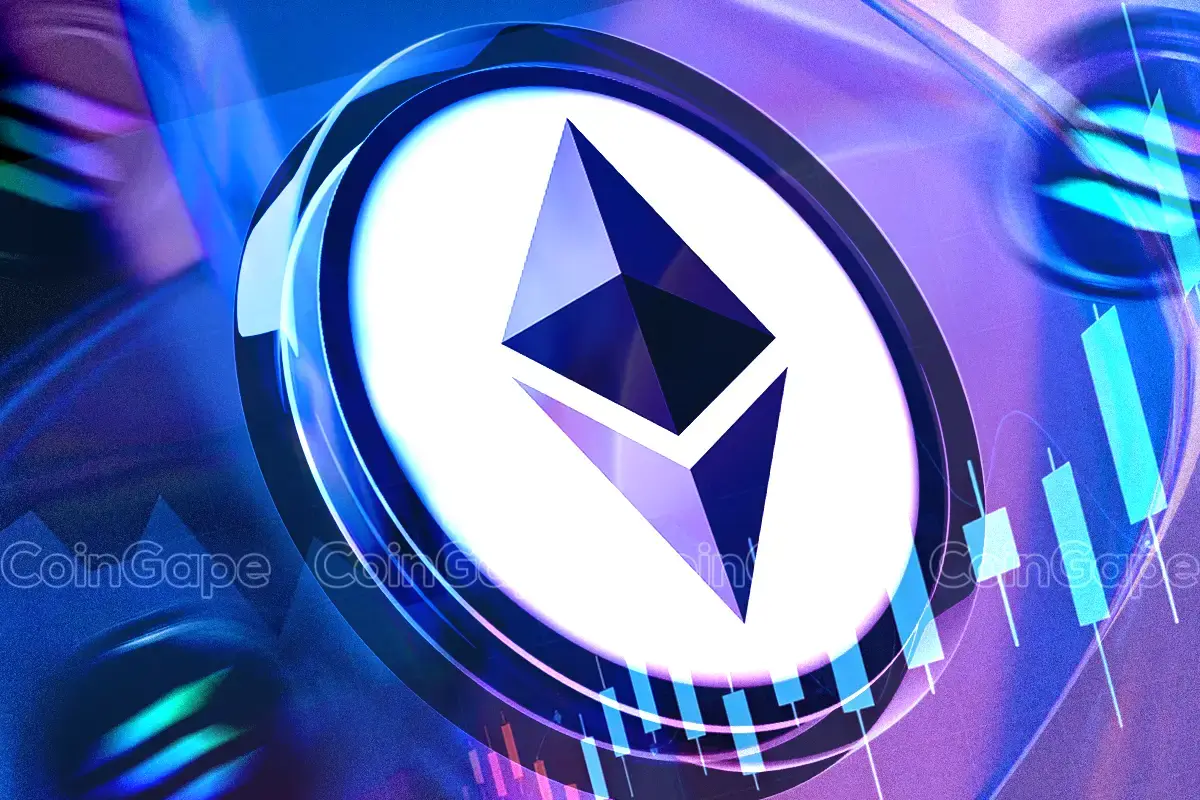The Ethereum Community’s Debate: Rollback or Move Forward After Bybit’s Security Breach
As the Ethereum (ETH) community grapples with the aftermath of Bybit’s recent security breach, a contentious debate has emerged. The crux of the issue: should the Ethereum network undergo a blockchain rollback to undo the damage caused by the hack?
The Case for a Rollback
Advocates for a rollback argue that this drastic measure is necessary to protect the integrity of the Ethereum network. They maintain that malicious transactions, resulting from the security breach, have tainted the blockchain and undermined investor confidence. By undoing these transactions, the community can restore trust in the network and prevent further damage.
The Counterargument: Preserving Ethereum’s Credibility
On the other hand, purists argue that a rollback would be a fatal blow to Ethereum’s credibility. They believe that the immutability of the blockchain is a fundamental tenet of the technology. Rolling back the blockchain would set a dangerous precedent, potentially weakening the network’s security and trustworthiness in the eyes of users and investors.
Impact on the Average User
For the average Ethereum user, the outcome of this debate could result in a few different scenarios:
- No rollback: The network remains unchanged, and users continue to transact as usual. However, the hack may lead to increased security measures and potential delays in transactions.
- Partial rollback: The network is rolled back to a specific point before the hack, but not beyond. This could potentially restore some, but not all, lost funds. However, it may still weaken the network’s credibility.
- Full rollback: The network is rolled back to a point before the hack, potentially restoring all lost funds. This would be a drastic measure with significant consequences for the network’s credibility.
Impact on the World
The outcome of this debate could also have far-reaching implications for the blockchain industry as a whole:
- No rollback: If the Ethereum community decides against a rollback, it could serve as a reminder of the importance of robust security measures and the immutability of the blockchain.
- Partial or full rollback: A rollback could potentially set a dangerous precedent, leading to increased skepticism and uncertainty in the blockchain space.
Conclusion
As the Ethereum community continues to debate the merits of a blockchain rollback in response to Bybit’s security breach, it’s important to remember that this is a complex issue with no easy answers. While a rollback may offer a potential solution to restore lost funds, it could also have serious consequences for the network’s credibility. Ultimately, the community must weigh the potential benefits against the risks and make a decision that best serves the long-term health and security of the Ethereum network.
For the average user, the outcome of this debate could impact their transactions and investments on the Ethereum network. Stay informed and stay cautious as the situation unfolds. And remember, the world of cryptocurrency is ever-evolving, so always do your research before making any major decisions.
In the words of the great Hodor, “Hodl and hold on tight!”





